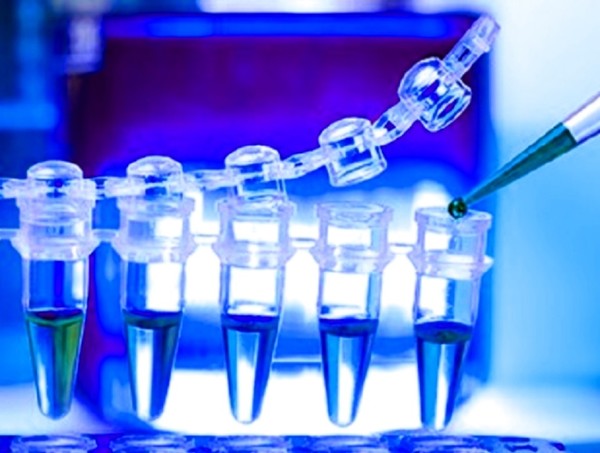Antibody-drug conjugates (ADCs) are a new category of anticancer drugs that combine an “antibody” that reacts only to a specific antigen with a highly therapeutic “anticancer drug” to make it potent against cancer cells.
ADCs are sometimes referred to as magic bullets -- for good reason.

“Antibody-drug conjugates bind chemically to a target and are guided like a missile. They go to the proteins (antigens) that are abundant in cancer, attach to them, and detonate a bomb (called an anticancer drug),” said Professor Lee Kyung-hun of the Department of Hematology and Oncology at Seoul National University Hospital on the Korean Society of Medical Oncology's YouTube channel “KSMO TV.”
ADCs work very similarly to targeted therapies, but they are not classified as targeted therapies that work precisely only on cancer cells.
Professor Chae Hee-jung of the Department of Hematology and Oncology at the National Cancer Center describes ADCs as “targeted anticancer drugs with an anticancer drug on the tail.”
“They go in search of substances that are highly expressed in cancer, and only after meeting those substances do they take off the anticancer drug on the tail,” Professor Chae said, pointing out that the anticancer drug on the tail bursts around the cancer cell and expresses its effect in high concentration.
For this reason, ADCs are known to cause side effects by affecting other parts of the body. Currently, ADCs are most commonly used for treating breast cancer. ADCs licensed in Korea for breast cancer are drugs that target HER2 and TROP-2, and their side effects are slightly different from existing targeted therapies.
In Korea, Enhertu is the representative ADC that targets HER2, and Trodelvy is the representative ADC that targets TROP-2.
Enhertu is an antibody called trastuzumab combined with an anticancer drug called deruxtecan, and Trodelvy is an antibody called sacituzumab combined with an anticancer drug called govitecan. Their side effects are different from those of existing targeted treatments.
“They have some side effects in common with anticancer drugs and targeted therapies,” Professor Chae said. “Enhertu has side effects, such as decreased blood cells, including white blood cells, platelets, and red blood cells, and other side effects, such as malaise, loss of appetite, weakness, vomiting, and diarrhea, which are similar to those of existing anticancer drugs.”
About one-third of patients using Enhertu experience hair loss, which is as bad as, if not worse than, chemotherapy, Chae said, adding that an unusual side effect of Enhertu is elevated liver levels, which is a little common, and pneumonia, which is caused by the drug itself, even if patients don't have an infection.
“It's supposed to happen in one to two out of 10 people,” she noted.
When pneumonia occurs, it is rarely life-threatening.
“It's much rarer for pneumonia to become severe enough to require oxygen treatment, about two to three out of every 100 people,” Chae said. However, she also advised, saying, “Because pneumonia can occur with Enhertu, it's important to talk to your healthcare provider if you develop a cough or shortness of breath that hasn't been present while using the drug.”
The side effects of Trodelvy, an ADC targeting TROP-2, differ from Enhertu's.
“With Trodelvy, there is some nausea and a decrease in blood cells, such as white blood cells and platelets,” Professor Lee said. “Relatively speaking, Enhertu causes concerns about lung side effects, but Trodelvy does not have such side effects. So patients must monitor the white blood cell count.”
The magic bullets named ADC treatments are not without some limitations, however.
“They are very good drugs, but patients would be most satisfied if they could completely cure metastatic breast cancer. Although they are more effective and last longer than conventional chemotherapy drugs, at some point, they become worse, and it gets very difficult to decide which drug to use next,” Lee said. “It is undecided yet, so the limitations of the effect are important.”
Related articles
- ABL Bio introduces platform tech to speed up developing bispecific ADCs
- LigaChem Biosciences inks 2 ADC tech transfer deals with Ono Pharmaceutical
- Pinotbio secures milestone payment following Celltrion's execution of ADC platform technology option
- Alteogen inks $300 mil. deal with Daiichi Sankyo to develop SC version of Enhertu
- Gilead’s Trodelvy awaits re-deliberation for reimbursement in Korea following patient petitions, price cut proposal
- Calls grow for insurance coverage of Trodelvy, lifesaving drug for triple-negative breast cancer
- 1st Trop-2 ADC Trodelvy expands indication to metastatic HR+/HER2- breast cancer

